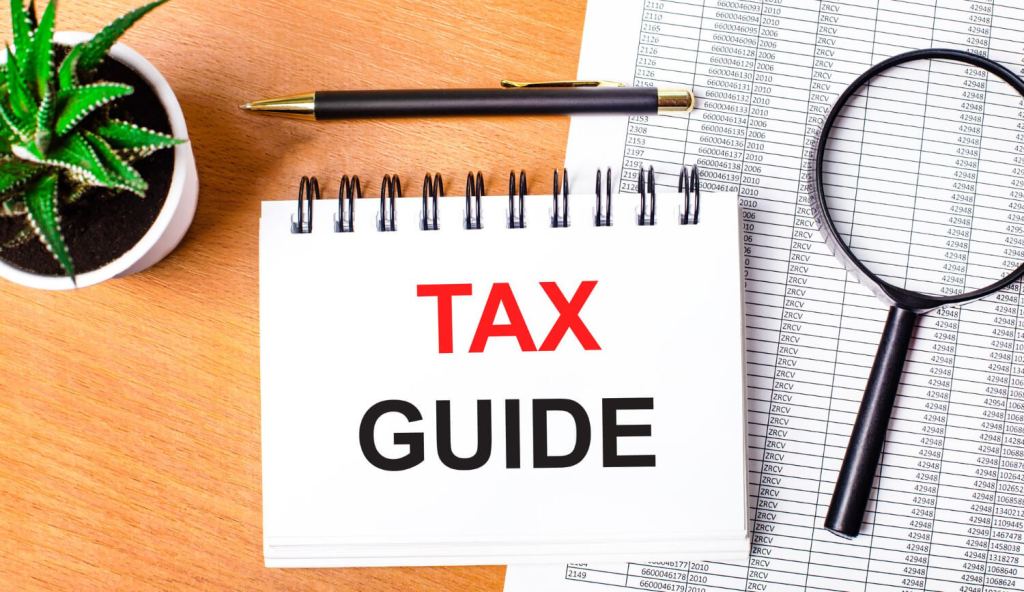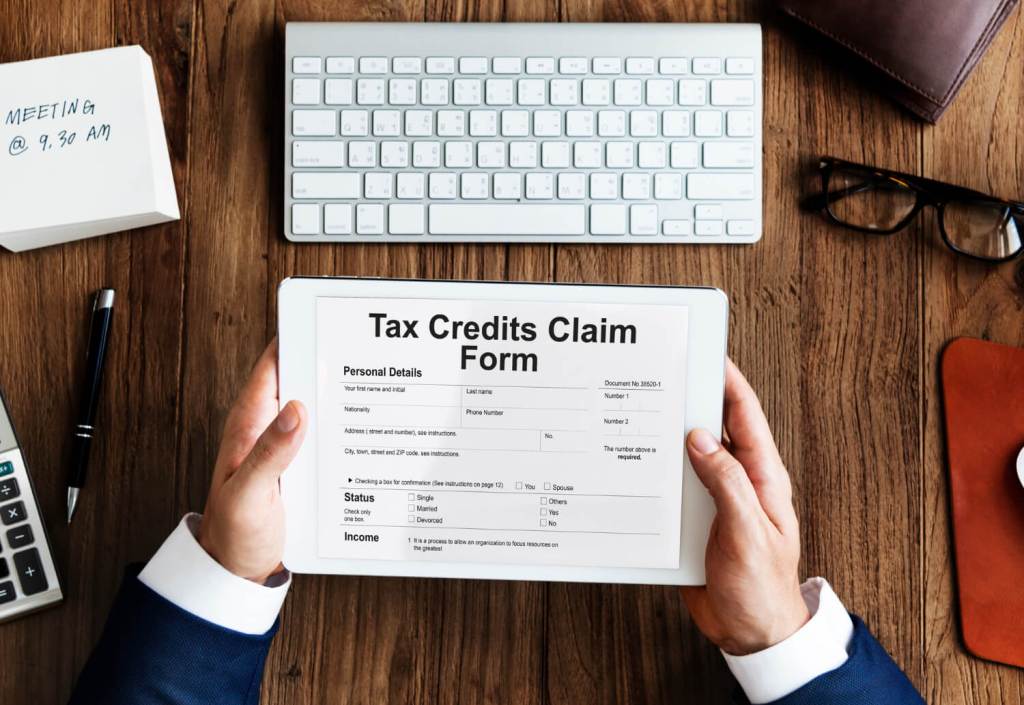Serious Talk on GST Summons
Summon implies that something serious and bad is about to happen to you, but it is actually a legal document issued by a court or tribunal of the government for a variety of purposes. To summon someone means to command them to come to a specific person or location.
Section 70 of the CGST Act, 2017 and Rule 132 of the Central Goods and Services Tax Rules, 2017 govern summons under GST provisions. The provision empowers the proper officers to summon any person during the course of an investigation to give evidence or produce any document/other thing.
In some cases, top company officials are routinely summoned for material evidence/documents, or summons are issued simply to call up for the submission of statutory records such as Form GSTR-3B, GSTR-1, and so on, which are readily available with the department.
The GST-investigation wing has issued detailed guidelines to ensure the judicial and controlled use of the powers, vide instruction no. 03/2022-23 dated August 17, 2022. The instruction clearly states that noncompliance will be taken seriously.
What are Summons Under GST
To summon means to order a meeting, to gather, or to come. To summon is to request that someone come to your room. To summon is an example of to call a meeting. Sending a legal order is an example of summoning.
In law, a summons is a document issued by a court that orders a specific person to appear at a specific time for some specific purpose. It is given to the individual or to a law enforcement officer who must carry out the instructions. A summons is an order to appear or mark your presence before a judge or magistrate for any investigation or against malfeasance.
Offline Filing of Form GST ITC-04
Only the proper officer can issue summons; summons can be issued by the proper officer to any person, regardless of whether the person is registered or not under GST;
Summons can be issued in relation to any inquiry for the following reasons: obtaining evidence or producing documents (such as GST audit reports, contracts, invoices, financial statements, etc.); recording a statement; or seeking personal attendance. Summons inquiry will be deemed to be judicial proceedings under sections 193 and 228 of the Indian Penal Code. Other provisions that apply in the case of a summons inquiry are:
- Section 172 of the Indian Penal Code – Absconding to avoid service of summons/other proceedings;
- Section 174 of the Indian Penal Code – Non-attendance in obedience to the order of the public servant;
- Omission to produce a document/ electronic record to the public servant by a person who is legally bound to produce the same.
Permission to issue summons
Generally, summons are issued by the Superintendents. In such cases, the Superintendents must obtain – prior to issuing summons.
Written permission from an officer not below the rank of Deputy Commissioner or Assistant Commissioner; or oral/telephonic permission (only if written permission cannot be obtained) from an officer not below the rank of Deputy Commissioner or Assistant Commissioner. However, the said oral/telephonic permission should be documented later.
Details Under Summons
Details Covered | Data Maintained |
Name of the offender | Records relating to the summoned person’s appearance or non-appearance |
DIN (Document Identification Number) | a copy of the recorded statement |
other details | any other relevant documents |
How can I avoid being summoned under GST?
The summons should not be issued in the following circumstances, according to the instructions:
- Summons should not be issued to call upon the submission of statutory documents such as Form GSTR-3B, Form GSTR-1, and so on, as these are already available on the GST portal and are easily accessible to departmental officers.
- Summons should not be issued in the first instance to senior management officials such as the CMD or MD, the CFO or the CEO, and so on.
Guidelines Regarding Summons
- Only if there are clear indications of their involvement in decision making resulting in revenue loss should summons be issued to senior management officials such as CMD or MD, CFO or CEO, and so on.
- The summoning officer must be present at the time and date the summons is issued.
- Issuing repeated summonses without properly ensuring service should be avoided.
Right & Duties of The Taxpayer
Taxpayers should exercise caution when dealing with tax officers. During the summons proceedings, GST officers may call on documents and record statements from the Company’s employees/directors/key managerial personnel.
- Taxpayers should be aware of the consequences of making any statements or submitting any documents. Unlike statements made to police officers, statements made to GST officers are admissible as evidence against the taxpayer.
(The Supreme Court addressed this position in a case of the customs officers, holding that customs officers do not constitute police officers, even if they may have specific powers, and thus any statement made before the customs officers will be admissible as evidence.) - It is critical that taxpayers give their answers truthfully and to the best of their abilities. Making false statements is a crime under the Indian Penal Code. To protect themselves from such occurrences, taxpayers should provide all information/replies requested by tax officers accurately and without any intentional suppression on their part.
- The right to inform authorities against any officer is clearly stated in the guidelines, which state that the language used in summons should not be unnecessarily harsh in order to cause stress or embarrassment to the taxpayer and should provide the justification for its issuance.
- The taxpayer has the right to contest the summon because the Central Board of Indirect Taxes and Customs (CBIC) has issued detailed guidelines for regulating summon proceedings, which provide, among other things, that summons should only be issued as a last resort where the taxpayer is not cooperating, that summons should only be issued against senior management if investigation indicates their involvement and not at first instance, that summons should not be issued for appearance at odd hours, and that statements must be recorded during the proceedings.
- Taxpayer has a right to take your time rather than make an incorrect statement. It is permissible under Section 159 of the Indian Evidence Act.
- Before giving the statement, the taxpayer is permitted to consult the Books of Accounts and other documents. It is not expected of him to remember everything.
- Taxpayers have the right to retract the earlier incorrect statement recorded during the summons proceedings and replace it with the correct statement. This will protect taxpayers from any adverse action taken by tax authorities based on such incorrect statements.
- During proceedings a person is required to attend and answer questions truthfully, he may refuse to answer questions if doing so would incriminate him.
- The taxpayer is not required to concede to statements made by a third party and may exercise his right to cross-examine the other person in order to verify the adverse statements made by him.




